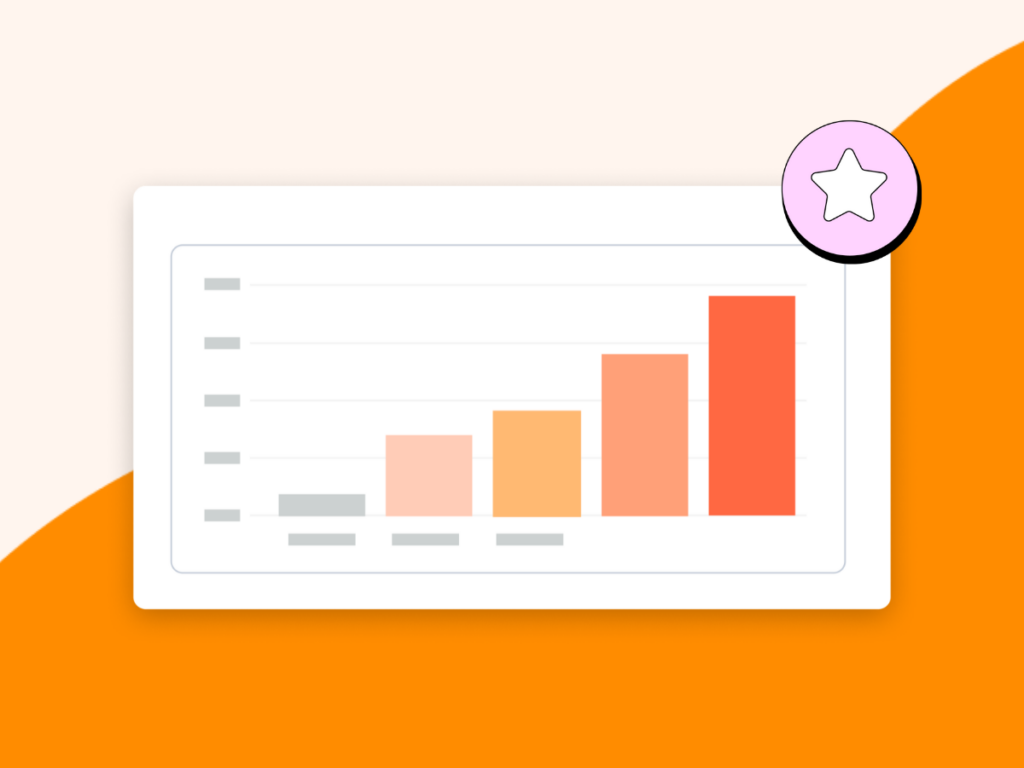What is hotel revenue optimisation?
Hotel revenue optimisation strategies focus on striking the perfect balance between supply and demand to ensure you make as much money as possible. You want to sell the right room, to the right guest, at the right moment, at the right price, via the right booking channel – the one that charges the lowest possible commission.
As a small, independent hotelier you may have heard the terms hotel revenue optimisation and hotel revenue management. They get to the heart of what a hotel business is, and are critical to understand if you are to succeed in a competitive market.
Execute effective hotel revenue optimisation strategies and you’ll optimise your revenue by making as much money as possible from a limited resource: your rooms.
Gain total control over your pricing and revenue
An all-in-one booking and property management solution designed specifically for small property managers grants a clear view of financials and offers the tools needed to optimise revenue.
Learn moreWhy should small hotels invest in revenue optimisation strategies?
By investing in hotel revenue optimisation software, by capitalising on revenue optimisation analytics, and by employing revenue optimisation techniques, an independent hotel gives itself the best opportunity to make more money.
The reality is that larger competitors invest heavily in hotel revenue optimisation. By making an investment of your own, you give yourself an opportunity to be more competitive and profitable.
Hotel revenue optimisation is an investment that can deliver a tangible and sizeable return.
Factors that affect the hotel revenue optimisation cycle
The hotel revenue optimisation cycle generally runs the course of a year. Peaks and troughs will feature throughout that cycle, and a hotelier will need to consider a number of factors to effectively optimise revenue at every point.
1. Market demand
Most hotels see a spike in demand on weekends when compared to weekdays. Public holidays and popular local events will also affect how much you can charge per room. The greater the demand on a given date, the lower the supply, and the higher the price you can charge.
2. Seasonality
Seasonality essentially describes market demand in broader strokes: usually defined as peak, shoulder and low seasons. These might follow the four seasons of the year, or they could be defined by school holidays, festive seasons or local events.
3. Competitor pricing
Optimising revenue isn’t simply a matter of charging top dollar. A hotel needs to price itself appropriately in order to win business, so it’s wise to research what local competitors are charging. An occupied room can be better than an empty room, but if you’re being regularly undercut you might face a high vacancy rate. Continual review of your market pricing through Insights will ensure optimal pricing.
4. Economic factors
There will be periods of economic hardship when certain guests don’t have money to splurge on travel. There will also be good times when more people are travelling than ever. It’s wise to keep your finger on the economic pulse to get a sense of future demand.
5. Reviews and ratings
The earning potential of your property rises in line with its ratings and reviews. High ratings and amazing reviews will spur eager guests to book your property, even if it’s a little more expensive than the other options in your area, which will help you optimise revenue.

Top hotel revenue optimisation strategies to try
Now that we know the whats and the whys of hotel revenue optimisation, let’s look at the hows. Here are six revenue optimisation strategies that any independent hotelier can try.
1. Adjust pricing
Forecast demand and adjust your room rates well ahead of time. Depending on your brand strategy, it can be wise to go lower early – if you secure a booking when demand is low, terrific, if you don’t, you can always increase your prices as the dates get closer & demand increases whilst supply decreases.
2. Advanced booking pricing
On the flipside you could consider offering an early bird rate for advanced bookings, to ensure you attract enough guests to at least break even. All remaining rooms are just icing on the cake, so you can then focus on selling them at elevated rates.
3. Upselling and cross-selling
Grab upselling and cross-selling opportunities with both hands. Revenue optimisation solutions like the Little Hotelier booking engine allow you to offer extra services as part of your direct booking process. You can also offer add-ons and room upgrades at reception as your guests arrive.
4. Channel management
Optimise the revenue potential of all your booking channels with a dedicated solution. The best channel managers allow you to seamlessly connect with all of your OTAs and channels, and give you clarity and control over all pricing.
5. Referral programs
People trust recommendations from other people – a fact that can make a referral program a hugely effective revenue optimisation tool. Offer guests a discount if they refer friends and family to your hotel.
6. Manage no-shows and cancellations
No-shows and late cancellations can be damaging to your revenue optimisation efforts, so you need to craft a fair policy, ensure all guests understand it, then enforce it to the letter.
What data should hotels prioritise in revenue optimisation analytics?
The best revenue optimisation solutions will offer up insightful data to help guide your efforts. Some of the most important metrics to track, analyse and optimise include:
- Occupancy rate
- Average daily rate (ADR)
- Revenue per available room (RevPAR)
- Total revenue per available room (TRevPAR)
- Average length of stay (ALOS)
- Gross operating profit (GOP)
By Shine Colcol
Shine is the SEO and Content Manager of Little Hotelier, the all-in-one software solution purpose-built to make the lives of small accommodation providers easier. With more than five years of experience and expertise in content strategy, creation, and management, Shine has produced informational content across various topics, mostly around improving daily operations and increasing business metrics. She aims to share well-researched articles in hopes of helping bed and breakfast owner-operators win more bookings and gain more control of their small property.
Table of contents
“I'm in love with the new app because it's very simple to use! I had to rely on someone calling me, but now it's as simple as using the desktop software.”
Owner, Athelstane House








